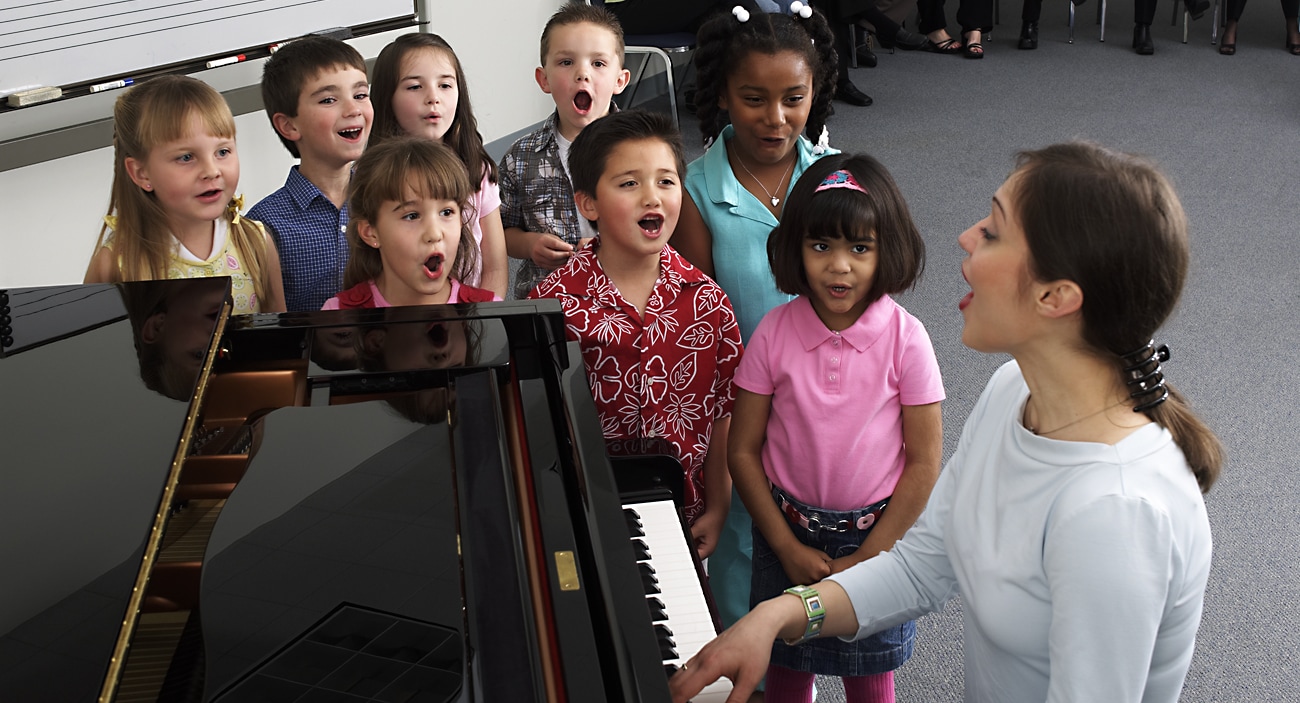Why Is Music Education So Important?
Music education is often regarded as an essential component of a well-rounded education, yet its significance is sometimes overlooked in favor of more traditional academic subjects. However, the value of music education extends far beyond simply learning to play an instrument or sing a song. In this article, we will explore the myriad reasons why music education is so important and why it should be an integral part of every student's educational experience.

- Cognitive Development
One of the most compelling reasons for the importance of music education lies in its profound impact on cognitive development. Learning music involves complex cognitive processes such as reading musical notation, understanding rhythm and timing, and coordinating fine motor skills. Engaging in musical activities stimulates various areas of the brain, including those responsible for memory, attention, and spatial reasoning. Research has shown that students who receive music education often demonstrate improved performance in other academic subjects, particularly in mathematics and language arts. By challenging the brain in unique ways, music education not only enhances cognitive abilities but also lays a foundation for lifelong learning and intellectual growth.
- Emotional Expression and Well-being
Music has a powerful ability to evoke emotions and connect people on a deeply emotional level. Whether it's the joy of a lively melody, the melancholy of a soulful ballad, or the excitement of a rhythmic beat, music has the capacity to express and evoke a wide range of emotions. For students, music education provides a creative outlet for self-expression and emotional exploration. Learning to play an instrument, sing in a choir, or compose music allows students to channel their feelings and experiences into something tangible and meaningful. Moreover, engaging with music has been shown to reduce stress, anxiety, and depression, promoting overall mental health and well-being. In an increasingly fast-paced and stressful world, music education offers students a sanctuary of solace and self-discovery.
- Social Development and Collaboration
Music education fosters important social skills such as communication, collaboration, and teamwork. Whether it's playing in a band, singing in a choir, or participating in a musical ensemble, students must learn to listen to others, cooperate with their peers, and work together towards a common goal. Rehearsing and performing music requires discipline, patience, and mutual respect, teaching students valuable lessons in interpersonal relationships and social dynamics. Moreover, music brings people from diverse backgrounds and cultures together, fostering a sense of community and unity among students. By engaging in musical activities, students develop empathy, cultural awareness, and appreciation for the contributions of others.
If you are interested in learning music check out our Music Lessons in Tulsa.
- Cultural Understanding and Diversity
Music is a universal language that transcends cultural, linguistic, and geographical boundaries. Every culture around the world has its own unique musical traditions, instruments, and styles. Through music education, students have the opportunity to explore and appreciate the rich diversity of musical expressions from different cultures and time periods. By studying music from various cultural perspectives, students gain insight into the values, beliefs, and traditions of different societies. This exposure to diverse musical traditions promotes cultural understanding, tolerance, and respect for differences. In an increasingly interconnected world, these cultural competencies are essential for students to navigate global challenges and become responsible global citizens.
In conclusion, music education is vitally important for the holistic development of students. It enhances cognitive abilities, promotes emotional expression and well-being, fosters social development and collaboration, and cultivates cultural understanding and diversity. By providing students with access to high-quality music education, schools can empower them to reach their full potential as individuals and contribute positively to society. It is imperative that policymakers, educators, and parents recognize the intrinsic value of music education and advocate for its inclusion in school curricula. After all, the benefits of music education extend far beyond the confines of the classroom and have a lasting impact on students' lives.
If you like this check out our article: What Does A Conductor Do?
